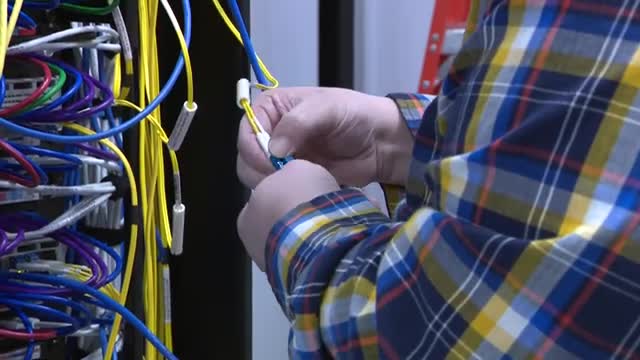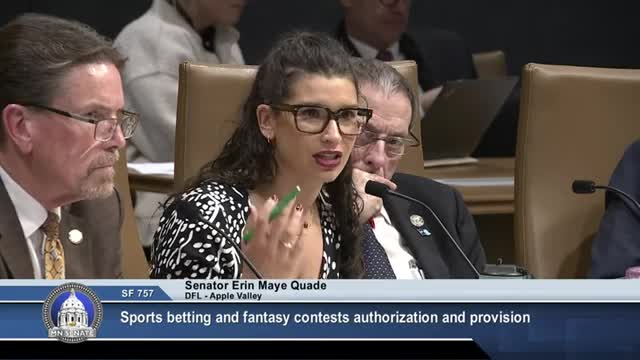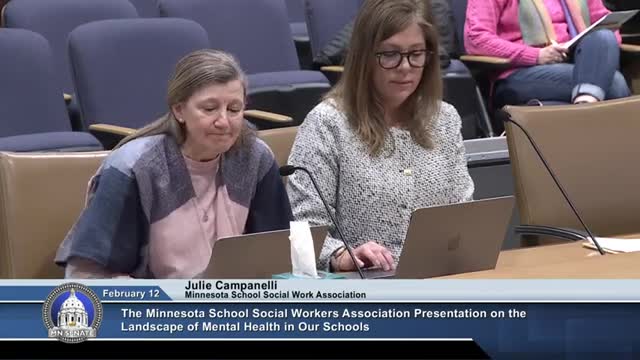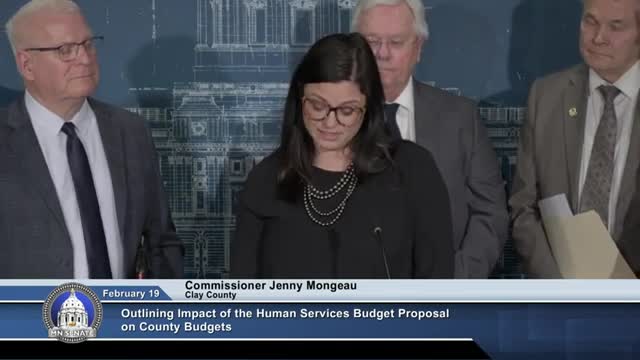Article not found
This article is no longer available. But don't worry—we've gathered other articles that discuss the same topic.

Senate Media Services installs expanded cameras, fiber and audio to improve public access to proceedings

Sports-betting bills split committee; one stalled 6-6, another advances with consumer protections

Labor committee hears mixed views on artificial intelligence; lawmakers warned to balance innovation and worker protections

Bipartisan bill to create Office of Inspector General faces questions on overlap with existing oversight

Educators tell Senate student mental health crisis is worsening; schools short on social workers

Bipartisan bill to provide immediate Medicaid for newborns with positive screens advances from committee

